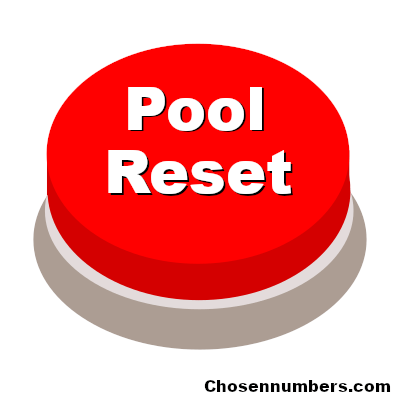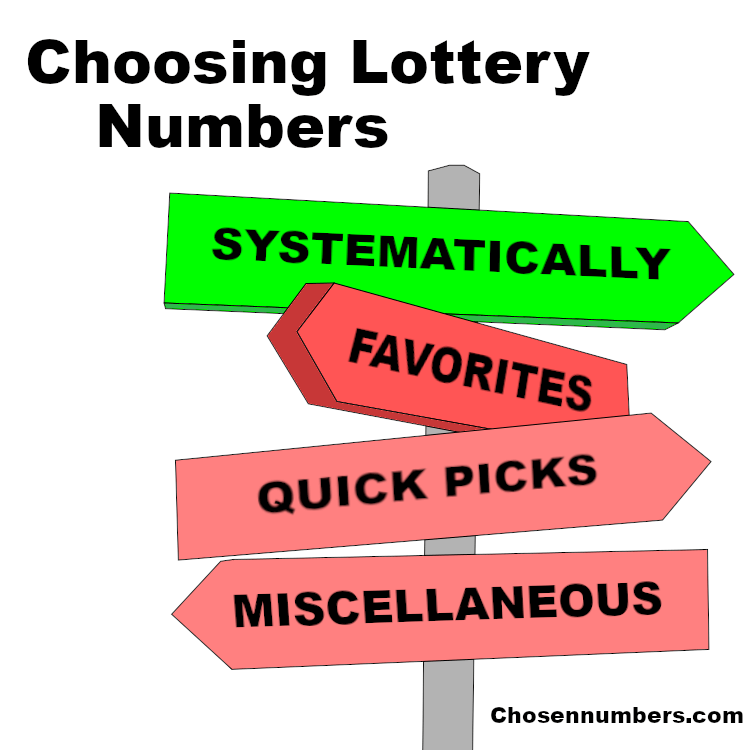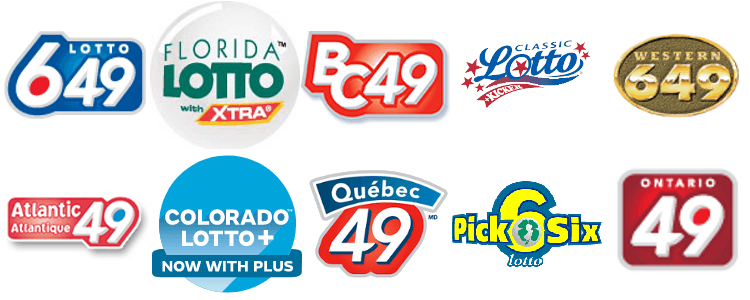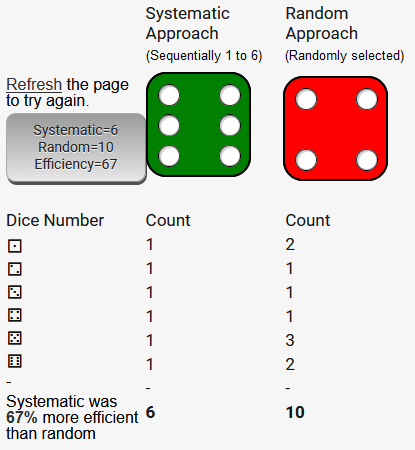
We have mentioned in a couple of articles that we provide unique combinations of numbers until all the combinations for that lottery are exhausted, then we perform a pool reset.
What is a lottery pool reset?
First off, this process only occurs on our chosen numbers pool of numbers.
It is when we reset the index for a particular lottery.
There are 2 reasons we would perform a pool reset.
- The lottery changed its format.
- The pool of lottery sequences is exhausted.
The Lottery Changed Its Format
When a lottery changes their format, a pool reset is required.
This doesn't happen very frequently, but it does happen.
On October 4, 2015, Powerball in the US changed their format by increasing the white ball pool from 59 to 69 and decreasing the powerball pool from 35 to 26.
On May 14, 2019, LottoMAX in Canada added another ball changing the pool of numbers from 49 to 50.
When lottery formats change, the number of possible combinations of the pool changes.
We systematically determine the next sequence of numbers by performing calculations on the current index.
We will provide more information on this process for another article, but we do not go through the numbers sequentially, but rather mathematically or as we call it, systematically.
So a change in lottery format requires us to manually perform a pool reset to keep the processes consistent.
Aside note: If a lottery changes their format by adding another draw day, that does not change the number of combinations so no pool reset is required.
The Pool of Lottery Sequences is Exhausted
If a pool reset is required because of all possible sequences are exhausted, that is really good news for players and really good news for us.
That means a lot of players are playing with chosen numbers selections.
A pool reset automatically occurs after a player chooses the last number in the pool.
When a player chooses their lottery and are provided with their sequence of numbers, we also provide their position in the pool.
Each pool starts with position number 1 and the position number increases by 1.
When the last sequence of lottery numbers are provided to the user, the player will see sequence 13,983,816 of 13,983,816 (for a pool with 13,983,816 possible sequences).
We would automatically reset the pool and a new set of sequences will be provided to the players starting at 1 again.
After a pool reset occurs, then there are duplicate numbers being assigned.
However, the optimal way of playing chosen numbers is to choose numbers for every draw, so duplicates for a particular draw should not happen.
There are no duplicate numbers between pool resets, but there are duplicates across pool resets.
There are only a limited numbers of lottery sequences in a pool. It is usually in the millions. So for a lottery which has the odds of winning as 1 in 13,983,816, that means that lottery has 13,983,816 unique lottery number combinations.
One Final Note
Upon building this site, We initially planned to reset the pool right after each draw.
This would allow for new numbers to be assigned for each draw.
However, if we aren't hitting the maximum numbers of sequences between lottery draws, then it didn't matter if we did a reset because we would still be assigning unique numbers from a non-reset pool.
This philosophy may change depending on popularity of the site, but currently we are only performing a pool reset once all the lottery numbers in the pool are exhausted (or the lotteries change their format of course).


